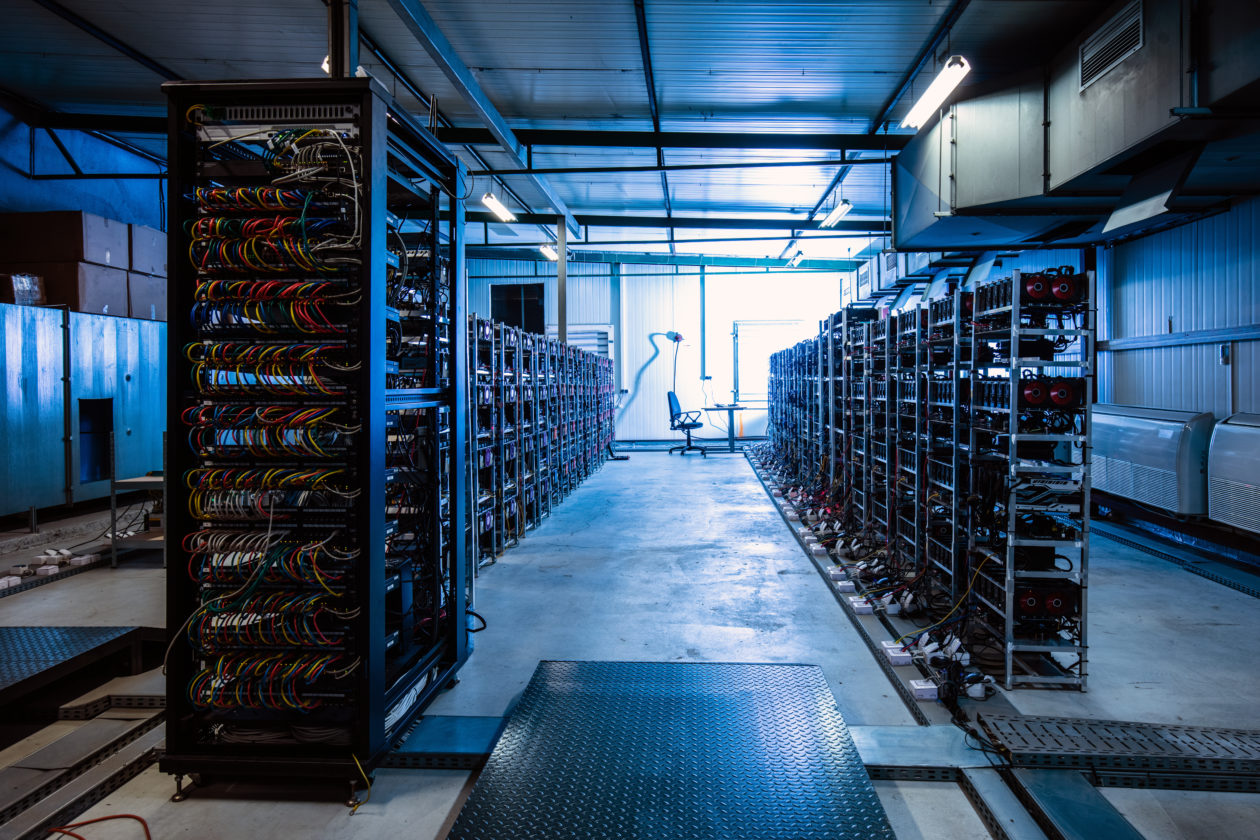Poolin, a major mining pool with significant operations in China, has been actively moving its mining operation from China to the United States, with efforts to relocate some of its executives to Austin, Texas.
Alejandro De La Torre, a vice president at Poolin, told Forkast.News in an interview this week that the company has decided to shift its mining activities to Texas, and some executives have moved to the state, to “facilitate the relocation as quickly as possible.”
As China intensifies its crackdowns on crypto mining, many miners have shut down their facilities in China and are leaving for other places that appear to be more regulations-friendly and offer relatively cheap electricity.
While big miners like Poolin were able to quickly relocate executives to seek deals in places that appear to be more welcoming for their energy needs, the situation is much harder for smaller players.
Size matters
De La Torre said that small and mid-size mining farms in China could face hurdles moving abroad, as they often don’t speak English and don’t really have sufficient capital or time to relocate outside of China.
“Large players are all over the U.S. now looking for deals,” he said, adding that it will take some time to establish the full extent of the exodus as many smaller miners have sold their machines or put them in storage while they consider their options in terms of regulation and electricity prices.
Some small mining farms, however, appeared to continue carrying out some small-scale operations and were advertising on Tieba, a Chinese online forum, for hosting machines. Some were also advertising operations in Kazakhstan.
“It takes a long time to find a good location,” De La Torre added. “There’s a whole list of things you need to consider, rather than just the cost of electricity or the amount of electricity you need. You also have to consider regulation in the state level.”
Texas has emerged to be a friendly state for crypto mining. On June 5, state Governor Greg Abbott announced a law that would create a master plan for expanding blockchain in Texas. Abbott described himself as a supporter of the crypto law proposal, saying: “[Crypto] is increasingly being used for transactions and is beginning to go mainstream as an investment. Texas should lead on this.”
In May, BIT Mining announced that it was investing US$25.7 million in a crypto mining facility in Texas that it will build and operate jointly with Dory Creek, a wholly-owned subsidiary of fellow Chinese cryptocurrency cloud mining platform BitDeer.
Poolin has also found its new home in the Lone Star State.
“Texas is very welcoming,” De La Torre said, adding that the governor of Texas understood electricity and energy well. “They understand that if you have a certain amount of electricity that’s unused and you connect this to a Bitcoin mining farm, that electricity is going to make money. And people need jobs.”
Power premium
De La Torre told Forkast.News in June that Poolin was also looking at options across North America, and the company’s top priority was to find cheap electricity and to keep an eye on the environment by using hydro or solar power.
“Regarding China, it’s difficult to say if the country is legitimately concerned about the environment or looking to expel competing cryptocurrencies, like Bitcoin, from the reach of their citizens,” Ulisse Dellorto, managing director for Asia Pacific and Japan at blockchain data platform Chainalysis, told Forkast.News this week in an email.
Meanwhile, the global Bitcoin hashrate is on an uptrend as miners pushed out by China resettle on friendlier shores and resume investing big money in mining equipment.
On Tuesday, the total hashrate reading was at 113.3 million terahashes per second, an increase from 84.79 million on July 3, which was the lowest since September 2019, according to data from Blockchain.com.
Starting in mid-May, soon after China intensified its crackdown on the sector, mining pools began receiving less newly mined Bitcoin, with weekly volume falling from roughly 10,000 BTC per week to under 5,000, as suggested by a research report released recently by Chainalysis.
Justin Solomon, Carolyn Wright and Ningwei Qin contributed to this report.





